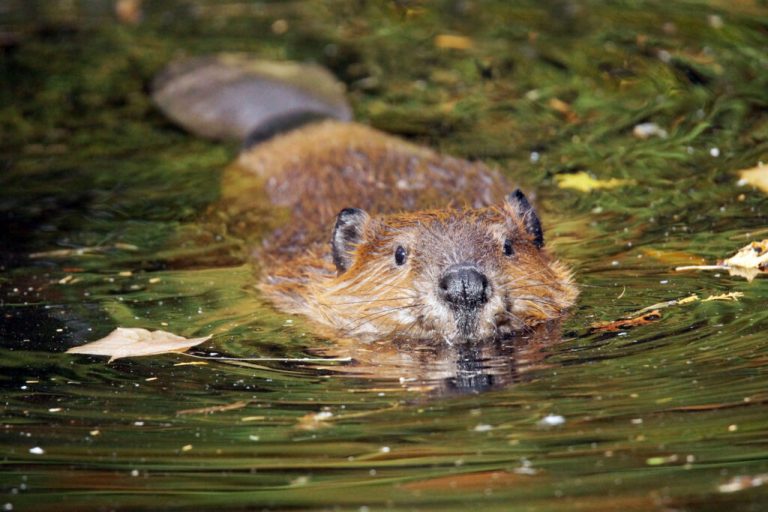
By: Assemblyman Devon J. Mathis
“Today, the Water, Parks & Wildlife Committee unanimously approved my bill to increase beaver populations in our state. As a keystone species, beavers provide a wide range of critical benefits to our ecosystem, including our efforts to fight climate change.
With climate change ravaging the planet, California has been particularly impacted by the growth of wildfires, which have devastated communities and caused incalculable ecological damage. In 2017 & 2018, California insurers paid out over $25 Billion in wildfire damages, contributing to a spike in insurance costs and an exodus of insurance companies. Climate change, in addition to state water policy, has also contributed to a large-scale drought in California. This drought has led to water shortages for residents and price increases for the agricultural community.
The state has taken a combination of reactionary and proactive steps to mitigate the effects of or reverse climate change. The State has spent tens of billions of dollars over the years to combat the devastating impacts that climate change has had on California. Regulations that have been implemented in reaction to climate change have not shown much success, whereas environmentally beneficial programs have been much more successful.
Beavers are a keystone species vital to the ecosystem and research shows that they help mitigate drought, prevent flooding, spread water to support vegetation & biodiversity, promote fish spawning, protect vegetation during wildfires, and facilitate high levels of carbon storage. Furthermore, studies have shown that the presence of beaver populations in an ecosystem can increase watersheds by over 50% within 3 years. There are few animals, let alone companies or government mandates, that protect the climate as well as the beaver does.
AB 2252 takes proactive steps to reduce the threat of wildfires and the impact of drought by ordering the DPW to start the process of releasing beavers into the ecosystem. This bill codifies Governor Newsom’s decision to release beavers into the wild into State law while preventing future departmental staff from reversing these ecologically friendly practices. The beaver’s impact on our ecosystem warrants this extra safeguard.
As a native species to California, the chances of beavers being an invasive species are immeasurably low. Beavers have a history of assimilating and contributing to the ecosystem in the State. The reintroduction of the beaver is consistent with the State’s previous reintroductions of native species into the ecosystem. With beavers being reintroduced into the ecosystem, they can once again play a positive role in mitigating droughts, reducing wildfires, fighting climate change, and enhancing our ecosystem.”
